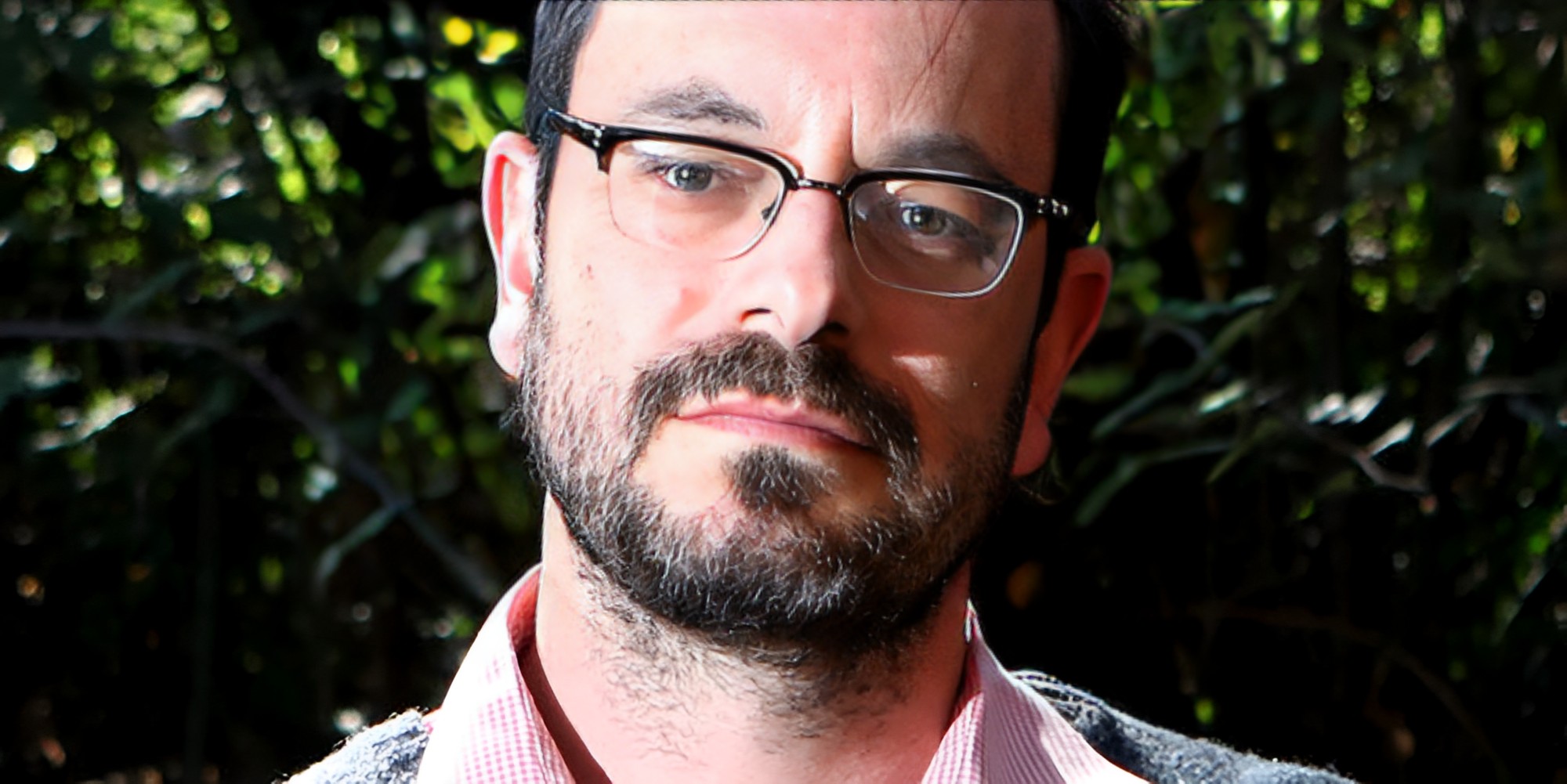ECONOMIC OUTLOOK
National Treasury confident regulatory reforms to address greylisting will lift SA’s performance

While National Treasury admits that South Africa’s recent greylisting by the Financial Action Task Force (FATF) was not undeserved, the department is confident that locking in regulatory reforms will improve the country’s economic performance.
Just two months ago, the International Monetary Fund flagged that South Africa’s mounting economic and social challenges pose a risk of stagnation amid an unprecedented energy crisis.
“Real GDP growth is expected to slow sharply to 0.1% in 2023, mainly due to a significant increase in the intensity of power cuts,” the fund said. GDP contracted by 1.3% in the last quarter of 2022.
As winter approaches (it has already hit the Western Cape) with the spectre of increased electricity use, the country is already gripped by Stage 6 load shedding – a recent Daily Maverick reader survey revealed an average of 11 to 12 hours a day with no power.

Anthony Altbeker, long-term adviser at National Treasury. (Photo: Gallo Images / The Times / Lauren Mulligan)
Anthony Altbeker, long-term adviser at National Treasury, told delegates at the South African Venture Capital Association conference on Thursday that there is a definite need to tighten up the financial system.
“Although we haven’t picked up any significant financial costs, we believe that in the long term, the benefits will outweigh any short-term costs needed to fix the system,” he says.
A greylisting means the country has been identified as having compliance issues, but has committed to address strategic deficiencies to counter money laundering and terrorist financing within a specific timeframe. Other countries on the FATF’s greylist include Haiti, Jamaica and Yemen.
Research firm Intellidex last year estimated the economic impact of greylisting at under 1% of GDP lost from higher costs to international transactions over 18 to 24 months if South Africa is perceived to be far advanced in addressing the concerns of the FATF.
However, Intellidex has warned that this could shift to up to 3% of GDP lost from higher costs to international transactions over a five-year period, with a gradual recovery if the country is perceived to be slow and unwilling to take the required actions.
“The FATF has indicated a strong impression that South Africa is used for terrorist financing, and a recent US report indicated that a number of South Africans are engaged in terrorist financing activities. We have to assess whether that’s true or not.
“While the FATF has not indicated that further attention is needed in our banking sector, there is some scepticism that sanctions for non-compliance are sufficiently strong or dissuasive,” Altbeker said.
He added that beneficial ownership within trusts is a big area of concern. To this end, the Companies and Intellectual Property Commission is building a system to coordinate the ultimate beneficial ownership for companies, trusts and nonprofit organisations.
“There is a lot of consultation happening now with the industry, from supervisory bodies such as the Financial Sector Conduct Authority and other non-financial bodies,” he said.
Fellow panellist Faraz Rojid, director at the Economic Development Board of Mauritius, said when the island was greylisted in February 2020, there were at least three serious economic challenges that followed.
First, the tourism sector which contributes about 25% to the island’s GDP suffered as the world went into lockdown mode on the back of the Covid pandemic.
Second, Rojid says that with a number of international funds domiciled in Mauritius, there was concern that if investment banks started pulling money out, there would be significant erosion and risk to Mauritian banks’ solvency ratios.
“Third, it was difficult to attract foreign investment once we were on the greylist. We feared a contraction of greenfield investments, but we started engaging immediately so that international investors would not be spooked,” he said.
It seems to have worked. Yudhistir Buldewo, director of business development and head of company formation at the Mauritius International Finance Centre, says the Mauritius jurisdiction drove $82-billion of investment in Africa, contributing to $6-billion in tax revenue and generating 4.2 million jobs.
This would be an attractive outcome for South Africa.
Although the latest Quarterly Labour Force Survey statistics show that while there were 258,000 more jobs in the country in the first quarter of this year compared with December last year, the official unemployment rate deepened to 32.9% – or 7.9 million people. DM

















Comments - Please login in order to comment.